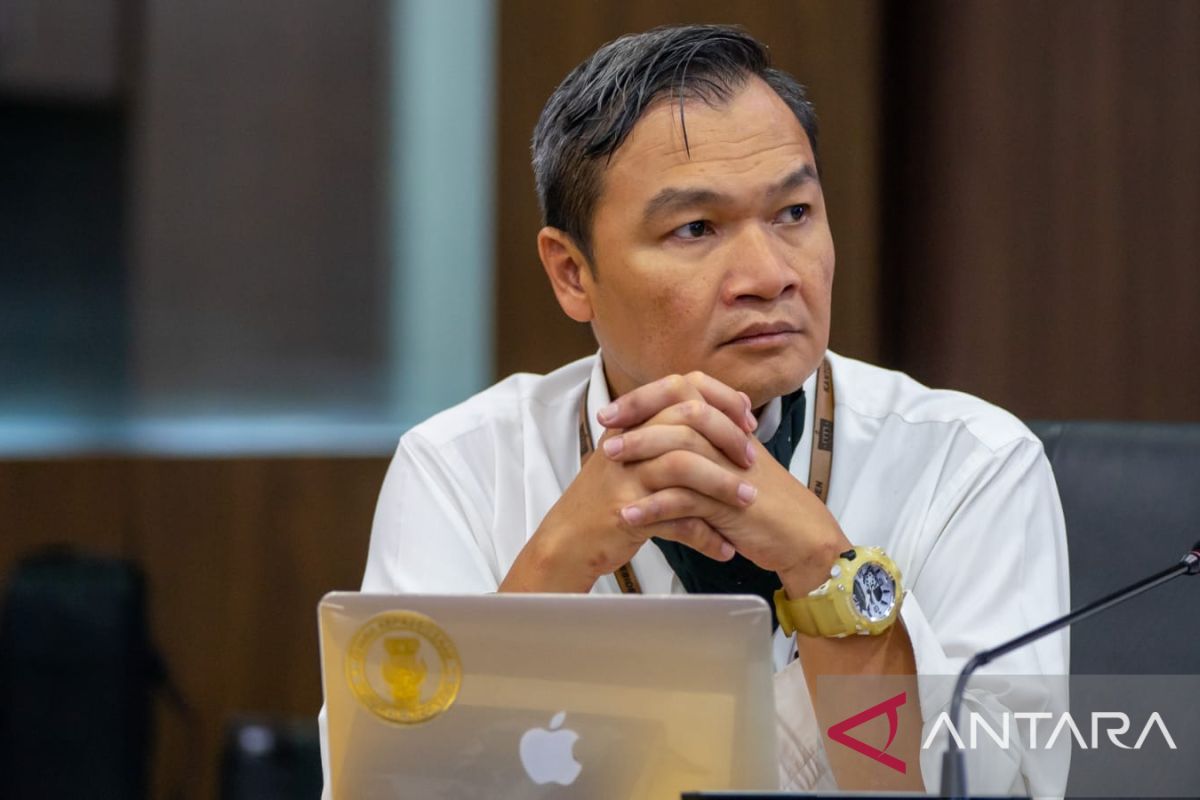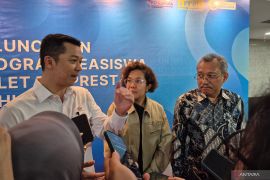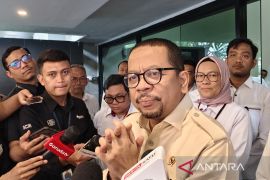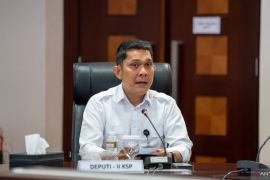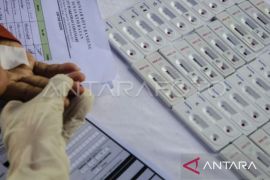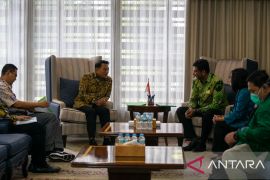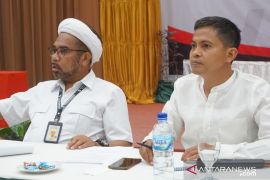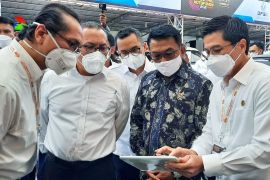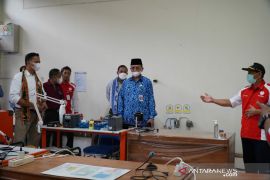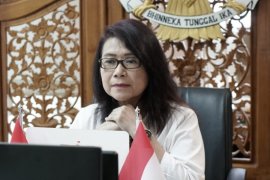In the current era, hydrogen is not only an energy asset but must also be viewed as a future economic commodity. For this reason, the government encourages hydrogen as one of the commodities with a potential selling valueJakarta (ANTARA) - Hydrogen will become a more crucial energy carrier, as it is an important commodity for energy generation, transportation, and aviation systems, the Presidential Staff Office (KSP) expert staff Hageng Suryo Nugroho stated.
"In the current era, hydrogen is not only an energy asset but must also be viewed as a future economic commodity. For this reason, the government encourages hydrogen as one of the commodities with a potential selling value," Nugroho remarked at the "Towards Hydrogen Economy: Lessons from the Netherlands" event held under the Indonesia-Netherlands Technology Partnership Forum (INTPF) here on Tuesday.
He said, the Ministry of Energy and Mineral Resources encourages hydrogen to become one of the potential energy carriers in accelerating energy transition in Indonesia.
Related news: Electric vehicles create efficiency for logistics industry
The utilization and development of hydrogen, as a new and renewable energy source, is one of the government's main strategies in implementing the roadmap toward carbon neutrality by 2060.
To achieve this, he said, efforts are deemed necessary to realize new energy sources that are capable of having an economic multiplier effect to support industrial competitiveness, advance international trade, and attract investment.
According to Nugroho, hydrogen will be a game changer that replaces fossil energy sources. This is because hydrogen is an energy carrier that can be used to store, move, and deliver energy produced from other sources.
Related news: Indonesia will not sacrifice forests for solar energy: ministry
In addition, he explained, the government is considering developing hydrogen due to its low cost of production in the future. By 2030, the cost of green hydrogen production is expected to be US$1-2.5 per kilogram, and the cost will continue to plummet thrice by 2050.
Meanwhile, he said, Indonesia is currently developing a long-term strategy simulation towards net-zero emissions by 2060 and the Nationally Determined Contribution (NDC) by reducing the emissions in the energy sector by 314 million tons of CO2 by 2030.
Related news: Pertamina's green energy development reduces global warming: Expert
Related news: AP II pursues EBT-supported carbon emission reduction in aviation
Translator: Indra P, Kenzu T
Editor: Fardah Assegaf
Copyright © ANTARA 2022
